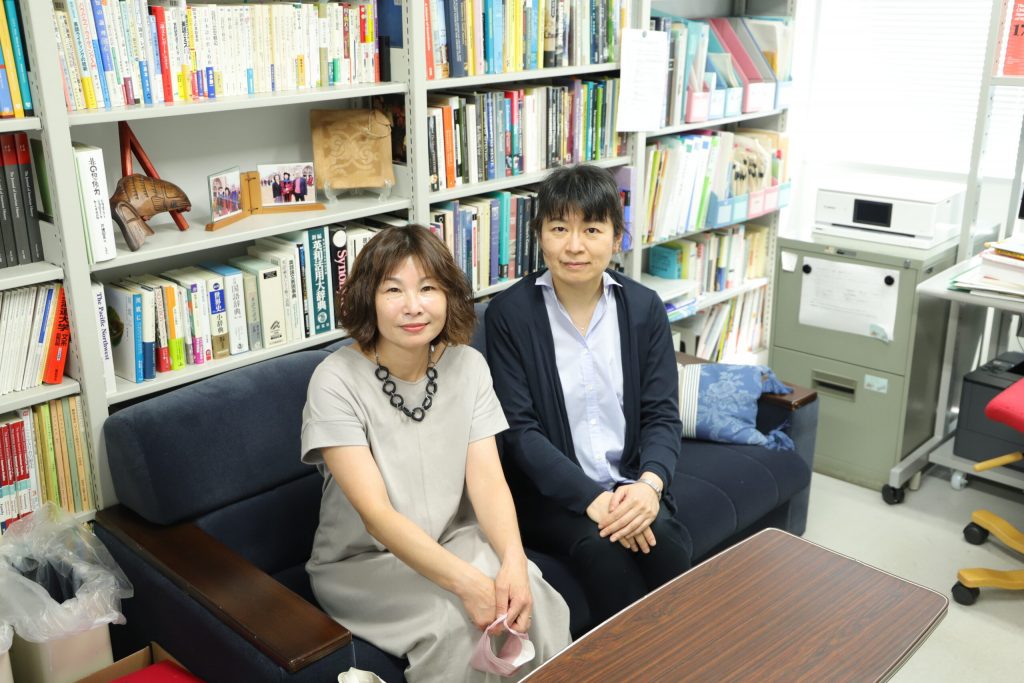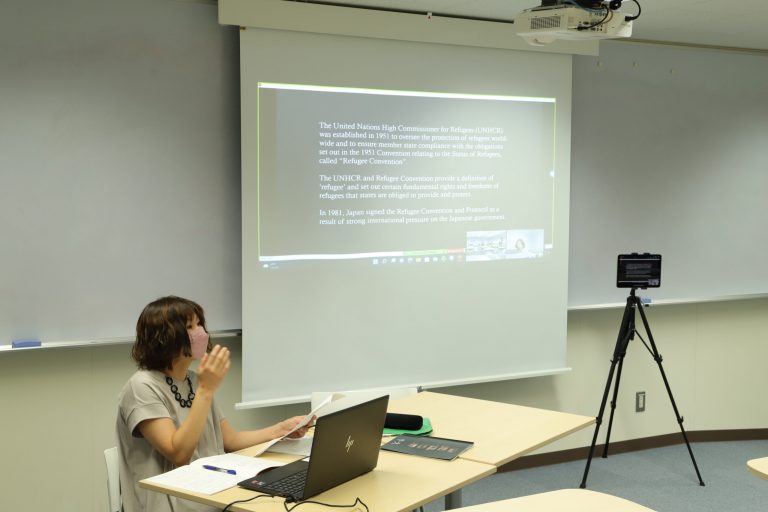
The course Representing and Witnessing Cultural Trauma and Memory in East Asia was held between July 12, 2022 and July 22, 2022 as part of the Hokkaido Summer Institute (HSI) 2022. The course, which comes under the field of media studies, primarily dealt with the critical analysis of media, specifically addressing how to analyse and engage with the representation of traumatic experiences in media.
The course was instructed by Dr. Tomoe Otsuki, at the Université de Montréal, and was coordinated by Professor Eiko Tsuchida at Hokkaido University. This is the third course they have organized for the HSI. The course was held in a hybrid format to accommodate online participants.
In the current information era, critical engagement with the media — print, broadcast media or the internet — is vital. Videos of various events can be shared with large audiences in real time. However, the platforms on which media is shared are not neutral; on the contrary, they are mediated, and are often biased and manipulated. This bias or manipulation also extends to broadcast media and print. Active involvement with media requires critical engagement with it, to understand how information is being (re)presented and framed.
Disasters and catastrophes of all sorts result in the displacement of a large number of individuals. The course specifically delved into how visual images — such as photographs, paintings, and films — represent and reflect traumatic events, the emotions they evoke, the connection they create between the viewer and the victims, and the ethics of representation of the pain of others.
“In addition to helping students learn to critically engage with representations of trauma, I also wanted them to engage responsibly and respectfully,” said Tomoe Otsuki, speaking about her goals when designing the course. “Trauma representation in media can easily be manipulated to elicit a variety of responses; I want students to become active audiences of the media they consume.”
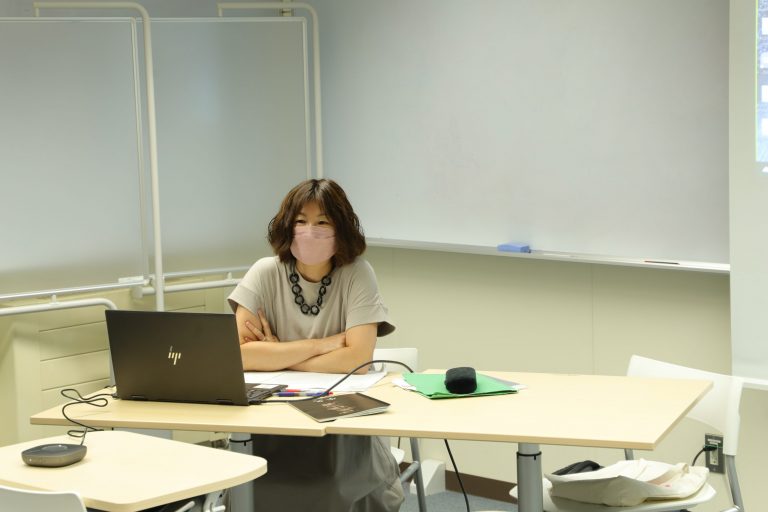
The course was designed with careful thought, beginning with a broad introduction to different philosophies and paths to critically engaging with media. A key point raised early in the course was that of the modes of engaging with trauma representations. Many representations perpetuate trauma, or elicit feelings of hopelessness; however, critical engagement with these representations is desirable.
Iris Xu, a master student in Sociology from Northwest A&F University, Shaanxi, China was fascinated and inspired by the course. She came to Hokkaido University as an auditing student, and was recommended the course by her advisor here. “I wanted to learn how trauma and culture interact,” she said, “as this is a major interest of mine as a sociologist. I was more than satisfied by the new ideas and insights revealed by the course.”
The course then addressed trauma and its representation in specific occurrences in recent history: the case of Alan Shenu (Aylan Kurdi), a two-year-old Syrian boy of Kurdish ethnic background, to address the issue of the refugee crisis; The Korean War and the Sewol Ferry Disaster; and the traumatic legacy that resulted from Japan’s colonialism in East Asia.
Nguyen Tan Dat, a Vietnamese doctoral student at Department of Neuropathy, Graduate School of Medicine, Hokkaido University, was favourably impressed by the breadth of the course. “I especially appreciated that the Vietnam and Korean Wars were addressed,” he said. “The course exceeded my expectations, and I appreciated the honest and straightforward way that the topics in the course were dealt with.”
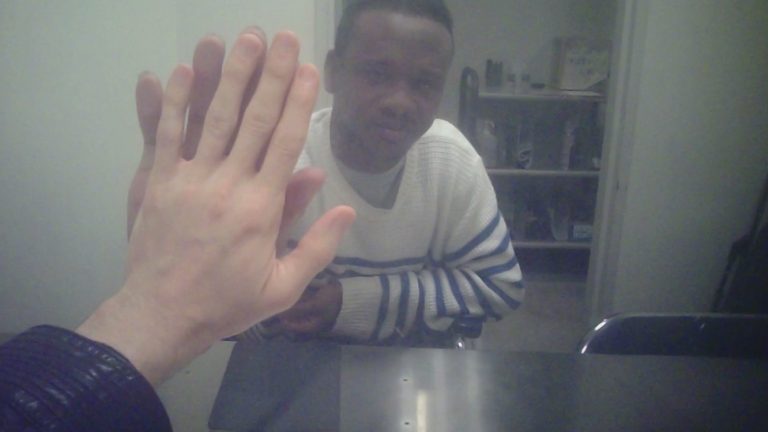
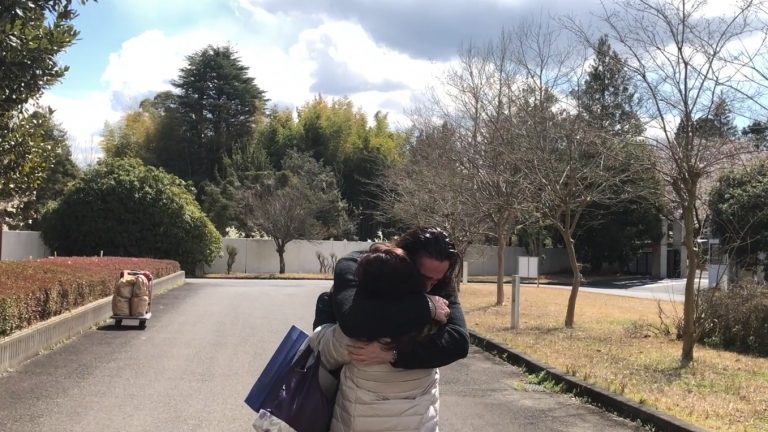
The capstone of the course was the screening of the documentary Ushiku (2021). Covertly filmed by the prize-winning documentary director Thomas Ash, Ushiku follows the story of nine individuals whose appeals for asylum in Japan were summarily denied, following which they were detained indefinitely in a facility in Ushiku, Ibaraki Prefecture. The documentary starkly describes how the vast majority of asylum seekers in Japan are treated. The screening was followed by a vibrant discussion of the history that led to the way asylum seekers in Japan are treated, as well as the issues with the system both within and outside Japan; Otsuki also encouraged students to critically engage with the documentary using what they had learned during the course.
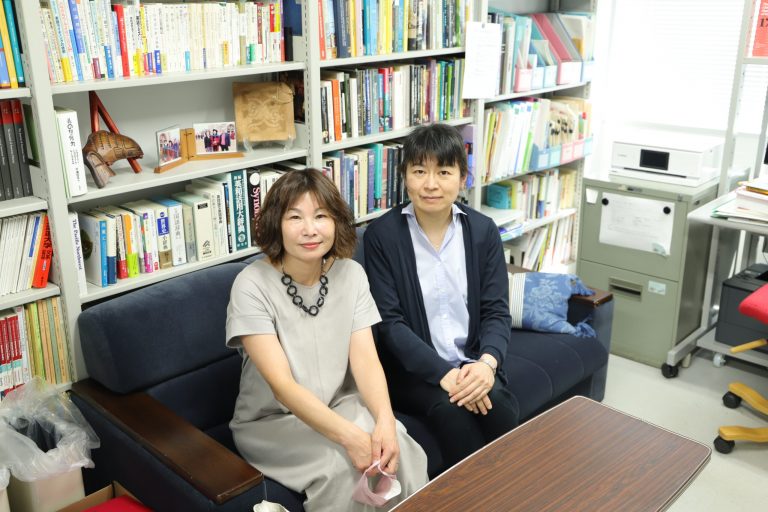
Otsuki was fascinated with the level of student engagement during the course. She offers a similar course to her students in Canada and the USA, but this was her first time compressing the course to fit into two weeks. She explained, “The hybrid (online-digital) format was very challenging. The class size was very small but all students participated and all of them prepared for the classes as expected. I plan to offer the same course next year, but improve it based on what has been learnt this year.”
The course list for the Hokkaido Summer Institute 2023 is now available at https://hokkaidosummerinstitute.oia.hokudai.ac.jp/. Applications will run from March 6 to March 15, 2023.
The Representing and Witnessing Cultural Trauma and Memory in East Asia course will be held from August 16 to August 25, 2023.


